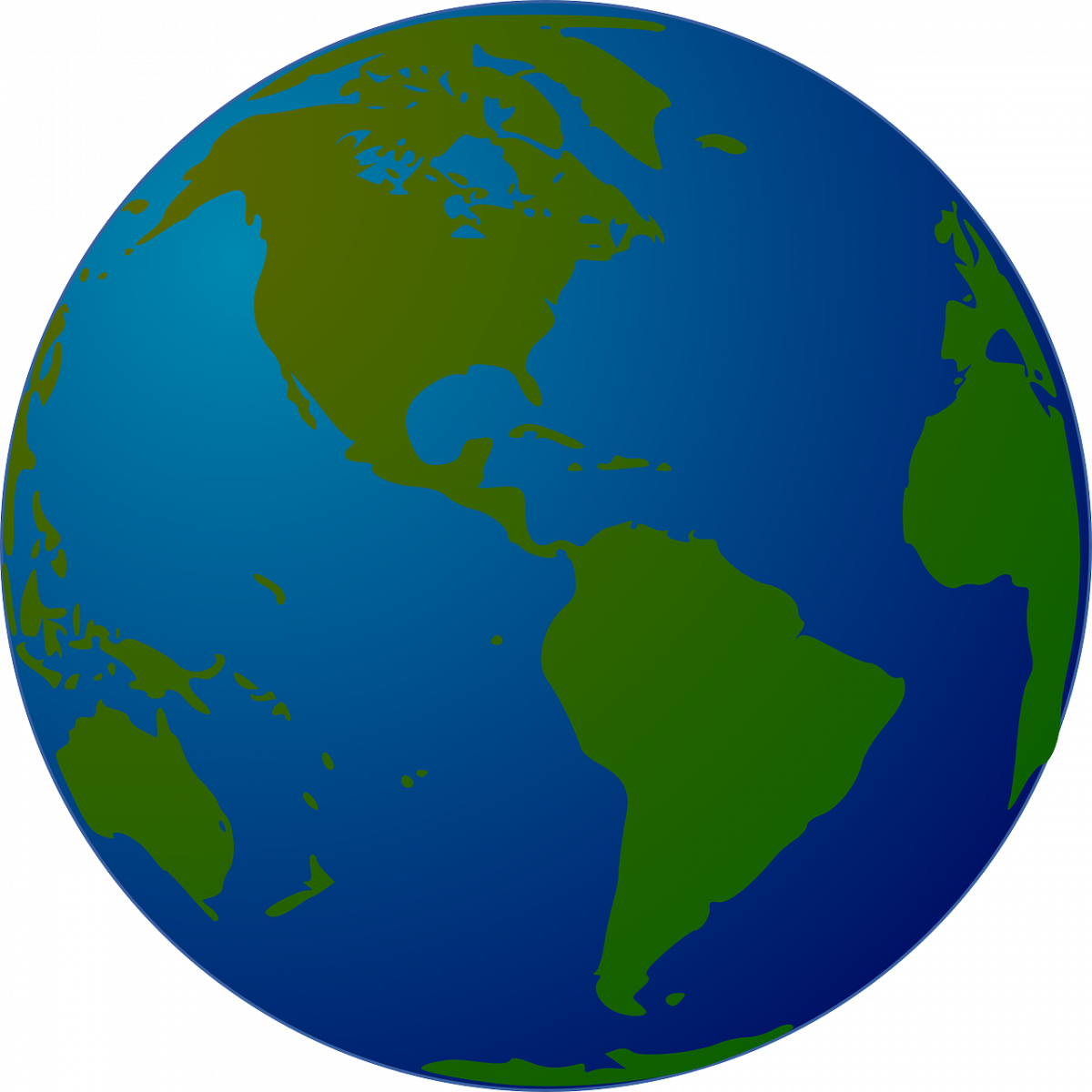The Department of Defense (DoD) is taking note of the “unique challenges” posed by Russia in Latin America.
Daniel P. Erikson, deputy assistant Secretary of defense for the Western Hemisphere, warned of the danger at an Atlantic Council event on “China and Russia in Latin America and the Caribbean.”
There are some very important elements to the challenges posed by both China and Russia that require a whole-of-government response because they are pursuing economic, political and diplomatic interests, he said, noting that “With so many challenges, the department has had to prioritize and deal with core risks or threats to U.S. and allies’ interests.”
Besides military partnerships, Erickson outlined, “…it’s critical that the U.S. private sector, U.S. industry and relevant U.S. agencies are engaging with this region to ensure that we can make available offerings — whether it’s in defense, cyber, or in other areas — to meet the core national security needs of the countries there.”
Countries in the region are facing transnational criminal organizations, climate threats, and border disputes. “So, they look at the risk posed by as something that is going to come, perhaps, in the future — but not today. And so, really, educating our partners and making sure they’re aware of how some of the decisions that they make today could create long-term risk for them is really critical,” Erickson explained.
The intensified push by Moscow and Beijing in the western hemisphere has many concerned both at the Pentagon and elsewhere. The United States Institute for Peace warns that “Russia’s information operations in Latin American are much deeper and more complex than what is commonly understood. Using a variety of instruments, Moscow has worked to create an environment favorable to Russia and to keep Latin American elites from aligning with Washington on a variety of issues, particularly the war in Ukraine.”
That concern was noted several years ago in a U.S. Army analysis. which stressed that earlier this century, “Russian inroads into Latin America have increased significantly in recent years…with Putin’s rise to power in 2000 after Yeltsin’s resignation, Latin America began to occupy an increasingly prominent role in the Kremlin’s foreign policy priorities…These growing ties coupled with the increased Russian presence in Latin America, especially in Nicaragua, Venezuela, and Cuba, triggered discussions about Russia’s return to Latin America.” Now, Argentina, Mexico, Cuba, Venezuela, and other Latin American and Caribbean countries are increasing military ties with Russia.
In this sense, Russia’s military cooperation with Latin America is not only technical, but also politico-military, in that it has an important political component.18 However, it is important to take into account the relative low volume of military spending across the region, as well as the tendency among most countries to buy armaments from the United States or Europe.19 For example, arms sales to Latin American countries accounts for less than 15 percent of Russian total arms exports and, in trade terms, countries like Nicaragua and Venezuela are not among the first destinations of Russian exports.20
The Army study cites a number of examples. Two that stand out include Moscow sending “Tu-160 bombers to carry out military exercises with Venezuela, and conducting war games with Caracas in which a small Russian fleet was sent to the Caribbean to participate in joint military maneuvers with the Venezuelan navy.”
Evan Ellis, from The Center for Security and International Studies (CSIS) Evan Ellis, Senior Associate (Non-resident) with the Americas Program, testified before the House Foreign Affairs Subcommittee on Western Hemisphere, Civilian Security, Migration and International Economic Policy on the topic of Russian influence in Latin America and the Caribbean.
He informed Congress that “Russia has demonstrated its intent and capability, however limited, to conduct military and other strategic activities oriented against the U.S. and our partners in the Western Hemisphere. Its key vehicle for doing so has been collusion with anti-U.S. authoritarian regimes in the region, including Venezuela, Nicaragua, and Cuba.
“Recent demonstrations of Russia’s hostile intent toward the U.S. and our partners in the Western Hemisphere include Deputy Foreign Minister Sergey Ryabkov’s January 2022 suggestion that Russia might deploy military forces to Venezuela or Cuba, Deputy Prime Minister Yuri Borisov’s February 2022 signing of a pact to increase military cooperation with Venezuela,3 and Nicaragua’s June 2022 re-authorization for limited numbers of Russian troops and equipment to enter the country for training missions and other forms of support. Most recently, Russian actions also include announced participation by a team of snipers, along with teams from China, Iran, and seven other countries, in an upcoming military sniper competition in Venezuela, the first time the competition has been held in the country.”
Illustration: Pixabay
